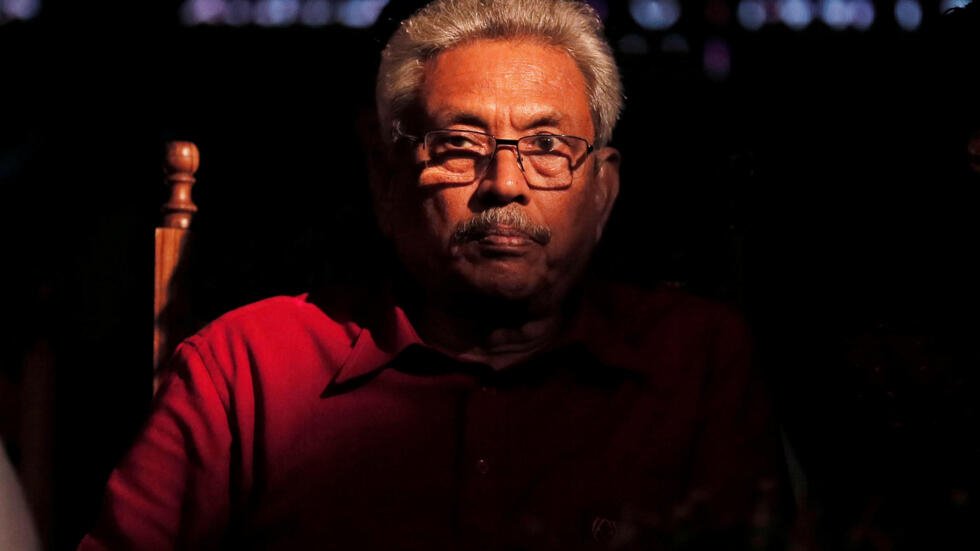
News Today: Supreme Court rules Gotabaya Rajapaksa violated fundamental rights
The Supreme Court of Sri Lanka has ruled that former President Gotabaya Rajapaksa violated the fundamental rights of an innocent woman by unlawfully detaining her under the Prevention of Terrorism Act (PTA).
A three-judge Bench, comprising Justices S. Thurairaja, A.H.M.D. Nawaz, and Mahinda Samayawardena, ruled that the detention order issued by Rajapaksa was unconstitutional and had no legal validity. The Court ordered the State to pay Rs. 100,000 in compensation to the petitioner, Kanchana Priyadarshani Madurapperuma, a resident of Pokunuwita, Henegama.
Illegal Detention and Fundamental Rights Violation
The petitioner was arrested in 2020 by the Peliyagoda Special Investigation Unit for alleged heroin possession under the Poisons, Opium, and Dangerous Drugs Ordinance, No. 17 of 1929. She was detained under two separate Detention Orders, one issued on January 30, 2020, under the Dangerous Drugs Ordinance and another on February 6, 2020, under the Prevention of Terrorism (Temporary Provisions) Act.
The Supreme Court found that former President Gotabaya Rajapaksa had no legal authority to act as the Defence Minister at the time. The 20th Amendment to the Constitution, which gave him executive control over the Ministry of Defence, had not yet come into effect when the Detention Order was issued.
As a result, the Supreme Court declared the Detention Order dated February 6, 2020, as ultra vires (beyond legal authority) and a violation of Articles 12, 13(1), and 13(2) of the Constitution. This ruling marks a significant victory for human rights in Sri Lanka, reaffirming the judiciary’s role in upholding constitutional rights against executive overreach.
Implications of the Supreme Court’s Verdict
This ruling could set a legal precedent for similar cases where individuals were detained under questionable legal authority. The verdict highlights the importance of constitutional checks and balances, ensuring that executive power is exercised within legal boundaries.
Sri Lanka has faced global scrutiny for its use of the Prevention of Terrorism Act, which has been criticized for enabling arbitrary arrests and violating human rights. This ruling further emphasizes the need for legal reforms to prevent misuse of power under anti-terrorism laws.




Leave A Comment